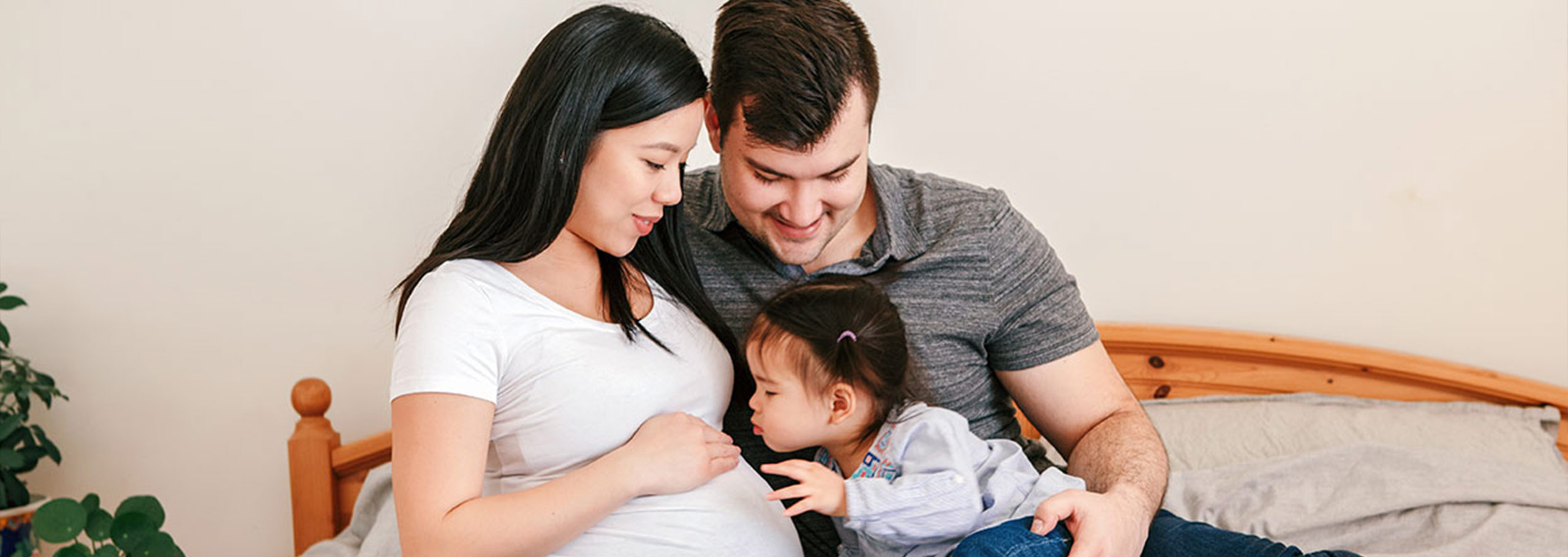
Hepatitis B Information for Pregnant or New Moms
Hepatitis B is a serious liver infection that can lead to liver failure and cancer.
If you are pregnant, or planning to become pregnant, get tested for hepatitis B.
Many women do not know they are infected and often have no symptoms. All pregnant women should get a blood test for hepatitis B as part of routine prenatal care. The test is usually performed during the first prenatal visit. If you have not received prenatal care, request to be tested for hepatitis B at the hospital before delivering your baby.
If you are pregnant woman and have hepatitis B, it could easily be spread to your baby at birth, during a vaginal delivery or a c-section. Babies and young children can also get hepatitis B from close contact with family members or others who might be infected. When babies become infected with hepatitis B, they have about a 90% chance of developing a lifelong, chronic infection.
If you are positive for hepatitis B and pregnant, you can avoid transmitting the virus to your baby during pregnancy and at birth. Inform your doctor and arrange for your baby to receive Hepatitis B Immunoglobulin (HBIG) at birth. This medicine is only given to babies of mothers who have hepatitis B. HBIG will help your baby fight off the hepatitis B virus immediately.
If exposed to hepatitis B, your baby can be treated at delivery and during their first year of life to prevent becoming infected with hepatitis B.
Get your baby vaccinated to prevent hepatitis B
Even if you don’t have hepatitis B, it is important for your baby to receive and complete the hepatitis B vaccine series of three to four shots. The vaccine is safe, and getting all the shots is up to 95% effective in preventing hepatitis B.
The first hepatitis B shot will be given within 12 hours of birth. Ask your doctor or nurse when your baby needs to come back for the next shot in the series.
If you have hepatitis B, your baby will receive two blood tests after completing the vaccination series, when they are between 9 and 12 months old, to make sure they do not have the virus.
More Information about Hepatitis B
Updated January 3, 2025, 1:36 PM
